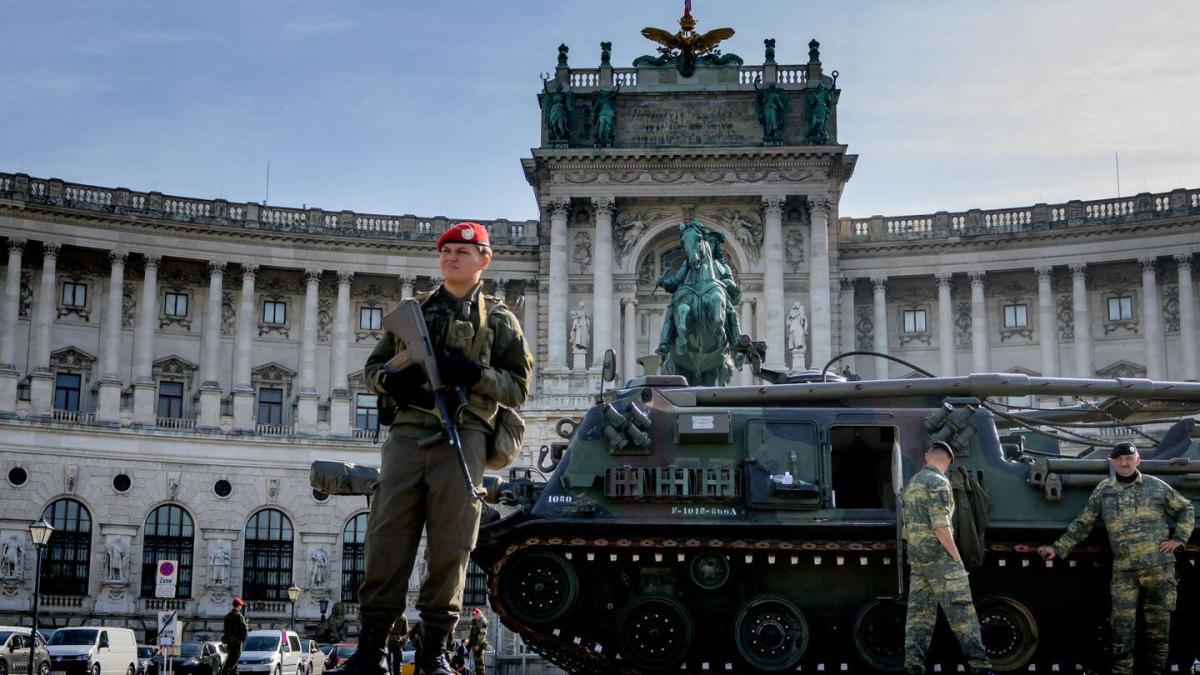Austria’s Neutrality Faces New Challenges Amid European Defense Integration
In the grand halls of Vienna’s Hofburg, the proud tradition of Austrian neutrality has long been a cornerstone of the Alpine republic’s identity. Since its founding after World War II, Austria has prided itself on being a global mediator and a bridge between East and West, all while maintaining a stance of military ambiguity.
However, recent developments have raised questions about the future of Austrian neutrality. In the wake of Russia’s invasion of Ukraine in 2022, the issue has been thrust into the spotlight, sparking a debate about the country’s role in European defense integration.
With Sweden and Finland abandoning their traditional positions of non-alignment and joining NATO, Austria now finds itself among just three European Union countries – alongside Ireland and Malta – that consider themselves neutral. This neutrality is enshrined in Austria’s constitutional law, which prohibits the country from joining military alliances or hosting foreign bases.
Despite this legal framework, Austria’s membership in the European Union has led to a gradual erosion of its neutrality. The EU’s mutual defense clause and joint security and defense policies have compelled Austria to participate in military actions and missions, blurring the lines of its traditional neutrality.
Experts have pointed out a growing divide between public opinion and expert perceptions on the issue of Austrian neutrality. While the majority of Austrians value neutrality, there is a lack of public discussion on the current limitations of neutrality and its future direction.
As Austria deepens its defense cooperation with NATO and participates in EU-led military initiatives, questions remain about the country’s ability to maintain its neutrality in the face of evolving security challenges. The upcoming military exercise later this year, which will involve troops from partner countries and emphasize interoperability with NATO, is seen as a pivotal moment for Austria’s neutrality.
Ultimately, the war in Ukraine has forced Austria to confront difficult questions about its identity and role in European defense integration. As the country navigates these challenges, the future of Austrian neutrality hangs in the balance, with experts warning that tensions between deepening European defense solidarity and maintaining neutrality may be “unresolvable” in the long run.

